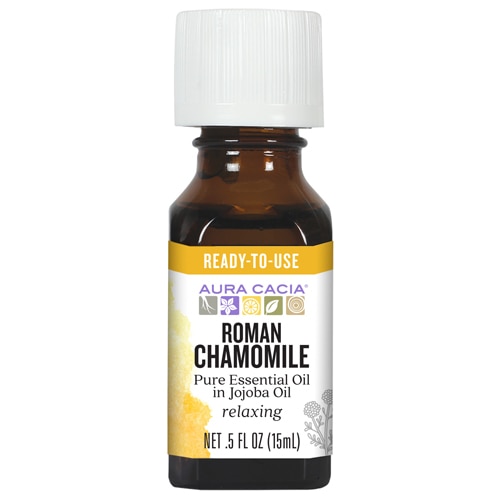September isn’t just about back to school bashes and tailgate parties: It’s also Baby Safety Month—thirty days dedicated to the security and well-being of your bundle of happiness. Founded by The Juvenile Products Manufacturers Association—an organization “dedicated to promoting the industry and the safe use of juvenile products”—it encourages baby-safety awareness and “the safe selection and use of baby products.”
But as you know, the welfare of your child extends beyond the products you purchase and the safety tactics you’ve mastered: A holistic approach to your child’s health and safety looks to all aspects of their health and comfort.
This September, honor Baby Safety Month with these five tips for caring for them, naturally:
1. Boost your body for breastfeeding
Breastfeeding your babe? Chances are you’ve received a cornucopia of advice from doctors, relatives, fellow moms—even strangers.
And while fine and good, what happens when your milk supply gets depleted? (Thank the stress of becoming a new mom for the side effect!)
One solution may be found in the inclusion of an herbal galactagogue in your diet. A substance widely known to increase milk supply in nursing mothers, herbal galactagogues are most commonly found in fenugreek, goat’s rue, milk thistle, hops, alfalfa and chaste berry; they’re also found in fennel (always splendid in a salad) and brewer’s yeast (for a special, nourishing treat, try these No-Bake Double Chocolate Breastfeeding Cookies).†
Another terrific way to enhance your flow—outside of the yoga studio? Upping your intake of oats. “Oats are an excellent galactatogue, and though they can be used in herb form (milky oat seed tea, for example), they taste much better eaten as oatmeal or oatmeal cookies,” says Naturopathic Pediatrics.
2. Beware what you puree
Ready to move your baby up the food chain? If so, do know that what you puree is of utmost importance. According to Parents, pureeing carrots, beets, turnips, collard greens and spinach is, well, a big no-no (and not of the tantrum sort): These veggies are high in nitrates, which, as Parenting magazine reports, “can cause anemia in young infants.” (Commercial baby food, however, is fine, as these have been tested to be nitrate-free.) Just be sure to go with a reputable brand that’s non-GMO and organic.
3. Practice sun smarts
Summer may be over but the risk of sun exposure—and the potential damage it can cause—still lingers in September. If your baby is under six months old, keep her or him out of the sun (as much as you may want to show off your sweet pea to the world): According to The Skin Cancer Foundation, “an infant's skin possesses little melanin, the pigment that gives color to skin, hair and eyes and provides some sun protection. Therefore, babies are especially susceptible to the sun's damaging effects.”
After six months, use a tear-free baby sunscreen, but limit her exposure to the sun’s rays, particularly between 10 a.m. and 4 p.m.—evening strolls, after all, are popular for a reason.
4. Encourage restful sleeping
Baby safety moves beyond BPA-free bottles and the best car seats on the market: Quality rest and sleep are central to your child’s security.
Essential oils can be a boon in this regard, by providing your baby with a tremendous sense of soothing.
To give it a go, add a drop of lavender or roman chamomile essential oil to their favorite blanket to enrich their calm and serenity.
Or, as nutritionist and essential oil expert Jessica Kuiken suggests, diffuse these oils before bedtime. “This becomes a powerful cue as children get older to help them know when bedtime is coming, which makes sleep time less stressful.” Be sure to get the green light from your pediatrician first.
5. Keep an eye on your plate
Toys and everyday household items aren’t the only things you should keep an eye on when it comes to potential choking hazards: Babies love to grab, grab, grab once they get those little fists working, and will reach for the goodies on your plate if you’re not looking. Popcorn, grapes, raisins, nuts—really, anything that’s solid—pose a choking risk for your child. (Meaning, move your own meal away from your baby’s small but savvy hands.)
And be sure that your own plate is filled with fruits, vegetables and lean proteins: As Naturopathic Pediatrics reminds us, “Mom’s postpartum health is very closely tied to the health of her newborn”—and such health is achieved in part through optimal nutrition and lifestyle choices that promote energy. Which isn’t just a bonus for new mothers but also wholly necessary when it comes to ensuring your baby’s health and safety.
†These statements have not been approved by the Food and Drug Administration. These products are not intended to diagnose, treat, cure or prevent disease.




